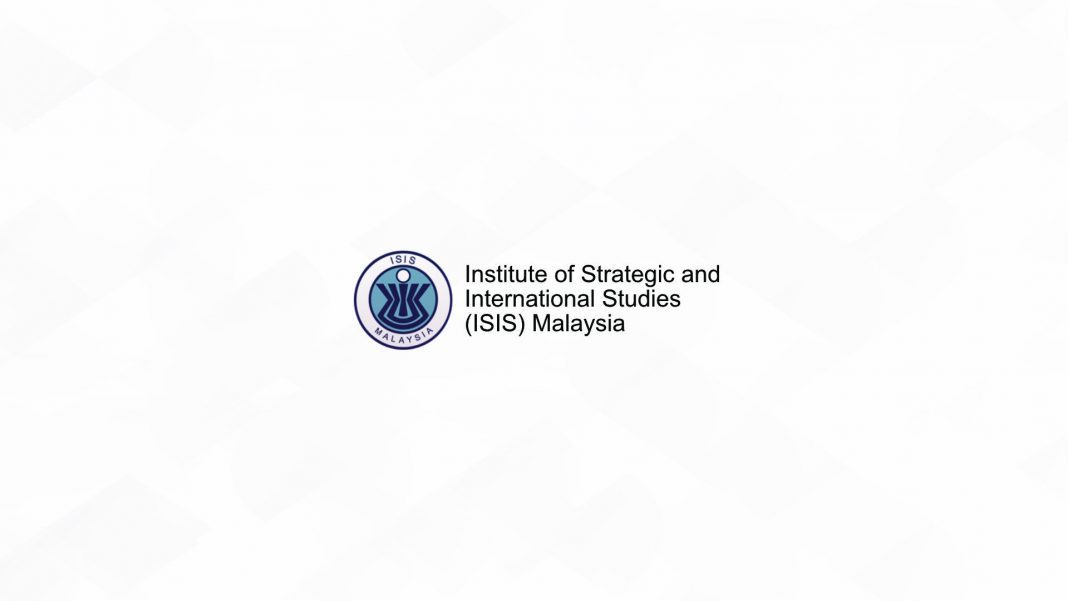Kuala Lumpur, 30th September 2020 – The Institute of Strategic and International Studies (ISIS) Malaysia is pleased to announce that YBhg. Encik Herizal Hazri has been appointed as Chief Executive of ISIS Malaysia.
ISIS Malaysia was established on 8 April 1983 as an autonomous research organisation. ISIS Malaysia has a diverse research focus, which includes foreign policy, security studies, economics, social policy, nation-building, technology, innovation and environmental studies. It also undertakes research collaboration with national and international organisations in such areas as national development and international affairs. ISIS Malaysia engages actively in Track Two diplomacy, and promotes the exchange of views and opinions at both the national and international levels. The Institute has also played a role in fostering closer regional integration and international cooperation through forums.
Herizal is known for his engagements with think tanks, civil society, and governments particularly in the areas of development and democracy. Outside Malaysia, he has worked in eleven Asian countries, namely in Indonesia, East Timor (now Timor-Leste), Thailand, Philippines, Cambodia, Myanmar, Pakistan, Afghanistan, Sri Lanka, Bangladesh, and Taiwan.
In 2004, Herizal managed the only International Election Observation Mission for Afghanistan’s Presidential Election and deployed 45 long-term and short-term observers to Pakistan, Afghanistan, and Iran. Herizal also served as a member of the International Contact Group (ICG) for the peace process in Mindanao where he assisted the Malaysian Government’s facilitator to the peace process, the Mindanao Islamic Liberation Front peace panel, as well as the Government of Philippines peace panel that led to the signing of the Comprehensive Agreement on the Bangsamoro in 2014. He has been widely quoted on issues such as countering violent extremism, peace processes, and development economics, as well as contemporary ASEAN issues. Herizal was a recipient of the prestigious Draper-Hills Fellowship at Stanford University, and was a Chevening Scholar at Birkbeck.





